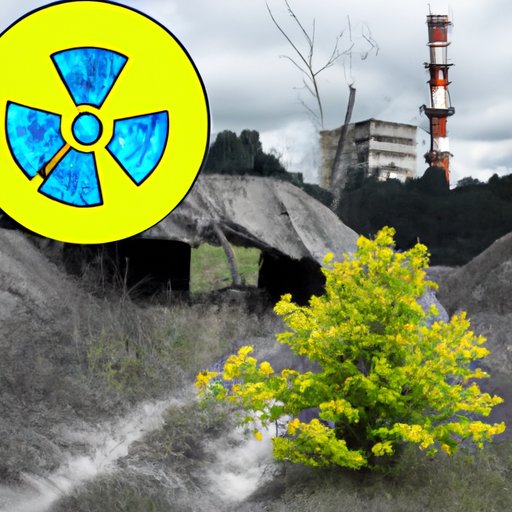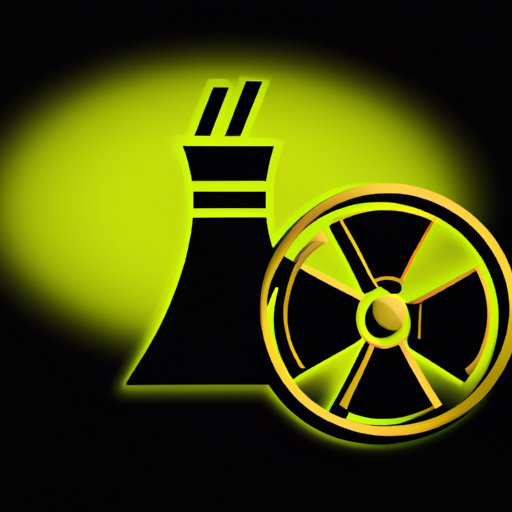Introduction
Radiation is a type of energy that can be found in both natural and man-made sources. It is the transfer of energy through space or a material medium and has been studied for centuries. The most common forms of radiation are electromagnetic and particulate radiation, which include gamma rays, x-rays, visible light, beta particles and alpha particles. In this article, we will explore the different types of radiation, their impact on human health, medical uses, and effects on the environment.
Impact of Radiation on Human Health
Exposure to radiation can have both short-term and long-term effects on human health. Short-term effects can range from mild skin irritation to serious burns, while long-term effects can include an increased risk of cancer, genetic mutation, and other diseases. According to the World Health Organization, the risk of developing cancer due to radiation exposure increases with the dose of radiation received and can vary depending on the type of radiation, age at the time of exposure, and existing health conditions.
Medical Uses of Radiation
Radiation is used in a variety of medical treatments and diagnostics. X-rays and CT scans use radiation to produce images of the body’s internal structures, while radiation therapy is used to treat cancer and other diseases. While radiation can be beneficial in treating certain medical conditions, it also carries risks. Exposure to high doses of radiation can cause DNA damage, leading to genetic mutations and an increased risk of cancer.
Radiation in Nuclear Energy
Nuclear energy is produced by splitting atoms, releasing neutrons and gamma rays into the environment. This type of radiation is known as ionizing radiation, and it can be extremely harmful if not properly contained. To protect people from radiation, nuclear power plants must be carefully monitored and maintained. If there is a leak or malfunction, the consequences can be devastating.

Effects of Radiation on the Environment
Radiation can have a significant impact on the environment. Radioactive waste from nuclear power plants can contaminate soil and water, leading to adverse health effects in animals and humans. Additionally, radioactive materials can be transported through air and water, resulting in contamination of ecosystems far from the source of radiation.

Benefits of Radiation in Industrial Applications
Radiation can be used in industrial applications to detect defects, measure thickness, and even sterilize food. X-ray imaging technologies are used to inspect products for flaws and irregularities, while industrial irradiation is used to sterilize medical equipment and food products. Radiation can also be used to monitor systems and detect leaks in oil pipelines.
Conclusion
Radiation is a form of energy that has both natural and man-made sources. It can be beneficial in medical treatments and diagnostics, as well as in industrial applications, but it also carries potential risks. Exposure to radiation can have both short-term and long-term effects on human health, and can contaminate the environment if not properly contained. It is important to understand the different types of radiation and their potential impacts in order to make informed decisions about how it is used.
(Note: Is this article not meeting your expectations? Do you have knowledge or insights to share? Unlock new opportunities and expand your reach by joining our authors team. Click Registration to join us and share your expertise with our readers.)
